University of Konstanz
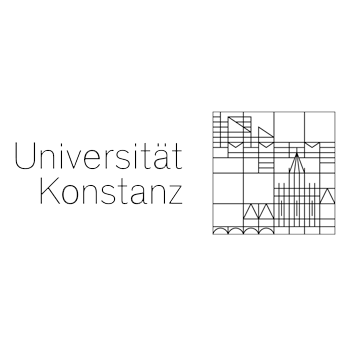
Founded: 1966
Address: Universitätsstraße 10 - Baden Wurttemberg, Germany
Phone: +497531 880
Address: Universitätsstraße 10 - Baden Wurttemberg, Germany
Phone: +497531 880
Here you find out University of Konstanz complete information about fees, location, degree University of Konstanz offers, number, website, and much more. University of Konstanz is a leading university in Baden Wurttemberg - Germany.
You can also find out jobs at University of Konstanz for students, teachers, and professors. We also update the database for an internship at University of Konstanz for students.
Since its foundation in 1966 as a reform university, the University of Konstanz has stood for top-level research, excellence in teaching and study, internationality as well as interdisciplinary collaboration. This distinctive orientation soon led to the development of a profile that stands out due to a focus on high levels of quality, innovation, creativity and enthusiasm for research. The “s...uccess story of the University of Konstanz” (Lord Dahrendorf, 2006) that has been written since 1966 is based on the themes of modernisation and reform from within, which is lived by all of our members. Since 2007, the University of Konstanz has been successful in the Excellence Initiative of the German Federal and State Governments with its institutional strategy “Modell Konstanz – Towards a Culture of Creativity” . This strategy focuses on developing our strengths as well as our innovative concepts and ideas. Our university is one of eleven universities in Germany whose “Institutional Strategy to Promote Top-Level Research” is funded by the German federal government and the state of Baden-Württemberg. In 2006, our Center of Excellence “Cultural Foundations of Social Integration” was approved after the Excellence Initiative"s first call for proposals. Shortly thereafter in 2007, our Konstanz Research School Chemical Biology was accepted into the Excellent Initiative. During the second phase of the Excellence Initiative, we were able to further enhance our profile with the Graduate School of Decision Sciences , which was established in 2012.
The University of Konstanz is a medium-sized campus university with short distances to cover. Flat hierarchies and structures within the university promote flexibility and interdisciplinary cooperation between and within the administration and the thirteen departments, which are divided into three faculties: the Faculty of Sciences, the Faculty of Humanities and the Faculty of Politics – Law – Economics. Close dialogue and effective communication drive our living culture of creativity on all levels.
As regards research, our university"s profile is characterised by cooperation and collaboration across disciplines, departments and faculties. Here, too, our flat hierarchies and faculty structures promote close interdisciplinary cooperation. Another unique feature is the performance-based allocation of resources through our Committee on Research (AFF) along with a comparatively modest basic funding for our professorships.
We succeeded in sharpening our research profile during the first funding phase of the Excellence Initiative. The strategic steering of the institutional strategy and the addition of other Excellence Initiative projects have carried the profile-development process even further: Apart from our successes in the Excellence Initiative, our profile has been shaped by the DFG-funded Collaborative Research Centres CRC 767 “Controlled Nanosystems: Interaction and Interfacing to the Macroscale”, CRC 969 “Chemical and Biological Principles of Cellular Proteostasis” and CRC 1214 “Anisotropic Particles as Building Blocks: Tailoring Shape, Interactions and Structures” as well as the participation in the CRC-TRR 161 “Quantitative Methods for Visual Computing”.
The University of Konstanz strives to become a European leader with regard to the promotion of junior researchers. Our Zukunftskolleg is a unique project in Germany in this respect. It offers our junior researchers an interdisciplinary working environment with excellent research conditions and the greatest possible freedom.
Our Code of Practice for Researchers between Doctoral Studies and Professorship is further evidence of our commitment to promoting new talent. The university supports doctoral students enrolled in doctoral programmes, promotes the independence of doctoral students and junior researchers as they work their way up to a professorship and offers them a working environment in which they can focus on enhancing their their scientific qualifications.
The University of Konstanz is currently home to some 11,700 students enrolled in around 100 different degree programmes in the fields of mathematics and natural sciences, humanities, law, economics and public administration. Many of them are interdisciplinary, with several being international programmes such as the master’s programmes “Public Administration and European Governance” and “Quantitative Economics”. Outstanding ranking results regularly confirm our excellent quality of study, for example, the THE Ranking “150 under 50” in 2016 (1st place nationwide, 7th worldwide), the CHE University Ranking 2017 and our Graduate Survey 2015/2016. Our university is deeply rooted in a culture of continuous development of and improvement in teaching that is based on research. We accomplish this through the use of current research results, up-to-date methods in teaching and study, and through the integration of infrastructural platforms within the teaching environment. The experience and knowledge generated by our collaborative research projects also feed back into our teaching. We consider excellence and internationalisation as integral components of teaching quality, with the goal of further internationalising our study programmes. The opportunities offered by the Hochschuldidaktikzentrum (HDZ) (university didactics centre) strengthen the quality of teaching at our university. As a cross-institutional collaborative centre for teaching and research, the university"s Binational School of Education (BiSE) controls, coordinates and develops all aspects of teacher education at the University of Konstanz, working closely with Thurgau University of Teacher Education (PHTG), the Staatliches Seminar für Didaktik und Lehrerbildung (Gymnasien) Rottweil and our partner schools.
We are continuously improving our international visibility. Our university attracts outstanding international researchers and students to ensure excellence in research and teaching. We maintain partnerships with excellent research-oriented universities around the world. Through these efforts, the University of Konstanz is guaranteeing its international competitiveness while simultaneously enhancing its orientation towards regional and international partnerships. In the Times Higher Education World University Ranking 2016 we placed 175 worldwide. One of the reasons for this good result is the high proportion of international researchers at our university.
Founded in 1966 on the basis of forward-looking reform ideas, the University of Konstanz has continued to further develop its specific model of a medium-sized yet strongly research-oriented, innovative and flexible institution, with the objective of generating and sharing new knowledge. This unique “Modell Konstanz” distinguishes itself through its flat hierarchies (which extend to the university administration) and its inherent interdisciplinarity in both research and teaching. These qualities provide the pre-requisites for successful knowledge and technology transfer.
At the University of Konstanz, we define knowledge and technology transfer as a reciprocal process between science, industry, politics and society. Following the example of a position paper published by the German Council of Science and Humanities in 2016, it categorises knowledge and technology transfer into three spheres of activity: “communication”, “advice” and “application”. All the various work carried out in regard to transfer is assigned to these three areas. The spectrum of this transfer work is deliberately very broad: it ranges from diverse channels and measures relating to science communication all the way to the scientific consulting of policy makers, providing expert evaluation reports as well as creating spin-offs.
You can also find out jobs at University of Konstanz for students, teachers, and professors. We also update the database for an internship at University of Konstanz for students.
Since its foundation in 1966 as a reform university, the University of Konstanz has stood for top-level research, excellence in teaching and study, internationality as well as interdisciplinary collaboration. This distinctive orientation soon led to the development of a profile that stands out due to a focus on high levels of quality, innovation, creativity and enthusiasm for research. The “s...uccess story of the University of Konstanz” (Lord Dahrendorf, 2006) that has been written since 1966 is based on the themes of modernisation and reform from within, which is lived by all of our members. Since 2007, the University of Konstanz has been successful in the Excellence Initiative of the German Federal and State Governments with its institutional strategy “Modell Konstanz – Towards a Culture of Creativity” . This strategy focuses on developing our strengths as well as our innovative concepts and ideas. Our university is one of eleven universities in Germany whose “Institutional Strategy to Promote Top-Level Research” is funded by the German federal government and the state of Baden-Württemberg. In 2006, our Center of Excellence “Cultural Foundations of Social Integration” was approved after the Excellence Initiative"s first call for proposals. Shortly thereafter in 2007, our Konstanz Research School Chemical Biology was accepted into the Excellent Initiative. During the second phase of the Excellence Initiative, we were able to further enhance our profile with the Graduate School of Decision Sciences , which was established in 2012.
The University of Konstanz is a medium-sized campus university with short distances to cover. Flat hierarchies and structures within the university promote flexibility and interdisciplinary cooperation between and within the administration and the thirteen departments, which are divided into three faculties: the Faculty of Sciences, the Faculty of Humanities and the Faculty of Politics – Law – Economics. Close dialogue and effective communication drive our living culture of creativity on all levels.
As regards research, our university"s profile is characterised by cooperation and collaboration across disciplines, departments and faculties. Here, too, our flat hierarchies and faculty structures promote close interdisciplinary cooperation. Another unique feature is the performance-based allocation of resources through our Committee on Research (AFF) along with a comparatively modest basic funding for our professorships.
We succeeded in sharpening our research profile during the first funding phase of the Excellence Initiative. The strategic steering of the institutional strategy and the addition of other Excellence Initiative projects have carried the profile-development process even further: Apart from our successes in the Excellence Initiative, our profile has been shaped by the DFG-funded Collaborative Research Centres CRC 767 “Controlled Nanosystems: Interaction and Interfacing to the Macroscale”, CRC 969 “Chemical and Biological Principles of Cellular Proteostasis” and CRC 1214 “Anisotropic Particles as Building Blocks: Tailoring Shape, Interactions and Structures” as well as the participation in the CRC-TRR 161 “Quantitative Methods for Visual Computing”.
The University of Konstanz strives to become a European leader with regard to the promotion of junior researchers. Our Zukunftskolleg is a unique project in Germany in this respect. It offers our junior researchers an interdisciplinary working environment with excellent research conditions and the greatest possible freedom.
Our Code of Practice for Researchers between Doctoral Studies and Professorship is further evidence of our commitment to promoting new talent. The university supports doctoral students enrolled in doctoral programmes, promotes the independence of doctoral students and junior researchers as they work their way up to a professorship and offers them a working environment in which they can focus on enhancing their their scientific qualifications.
The University of Konstanz is currently home to some 11,700 students enrolled in around 100 different degree programmes in the fields of mathematics and natural sciences, humanities, law, economics and public administration. Many of them are interdisciplinary, with several being international programmes such as the master’s programmes “Public Administration and European Governance” and “Quantitative Economics”. Outstanding ranking results regularly confirm our excellent quality of study, for example, the THE Ranking “150 under 50” in 2016 (1st place nationwide, 7th worldwide), the CHE University Ranking 2017 and our Graduate Survey 2015/2016. Our university is deeply rooted in a culture of continuous development of and improvement in teaching that is based on research. We accomplish this through the use of current research results, up-to-date methods in teaching and study, and through the integration of infrastructural platforms within the teaching environment. The experience and knowledge generated by our collaborative research projects also feed back into our teaching. We consider excellence and internationalisation as integral components of teaching quality, with the goal of further internationalising our study programmes. The opportunities offered by the Hochschuldidaktikzentrum (HDZ) (university didactics centre) strengthen the quality of teaching at our university. As a cross-institutional collaborative centre for teaching and research, the university"s Binational School of Education (BiSE) controls, coordinates and develops all aspects of teacher education at the University of Konstanz, working closely with Thurgau University of Teacher Education (PHTG), the Staatliches Seminar für Didaktik und Lehrerbildung (Gymnasien) Rottweil and our partner schools.
We are continuously improving our international visibility. Our university attracts outstanding international researchers and students to ensure excellence in research and teaching. We maintain partnerships with excellent research-oriented universities around the world. Through these efforts, the University of Konstanz is guaranteeing its international competitiveness while simultaneously enhancing its orientation towards regional and international partnerships. In the Times Higher Education World University Ranking 2016 we placed 175 worldwide. One of the reasons for this good result is the high proportion of international researchers at our university.
Founded in 1966 on the basis of forward-looking reform ideas, the University of Konstanz has continued to further develop its specific model of a medium-sized yet strongly research-oriented, innovative and flexible institution, with the objective of generating and sharing new knowledge. This unique “Modell Konstanz” distinguishes itself through its flat hierarchies (which extend to the university administration) and its inherent interdisciplinarity in both research and teaching. These qualities provide the pre-requisites for successful knowledge and technology transfer.
At the University of Konstanz, we define knowledge and technology transfer as a reciprocal process between science, industry, politics and society. Following the example of a position paper published by the German Council of Science and Humanities in 2016, it categorises knowledge and technology transfer into three spheres of activity: “communication”, “advice” and “application”. All the various work carried out in regard to transfer is assigned to these three areas. The spectrum of this transfer work is deliberately very broad: it ranges from diverse channels and measures relating to science communication all the way to the scientific consulting of policy makers, providing expert evaluation reports as well as creating spin-offs.
Read More
Details:
LeaderShip: Rector: Professor Dr Dr h.c. mult Ulrich Rüdiger
Fees:
Time:
Phone Number: +497531 880
City: Baden Wurttemberg
Fees:
Time:
Phone Number: +497531 880
City: Baden Wurttemberg
Timing:
Country: Germany
Staff: 1918
Website: http://www.uni-konstanz.de
Country: Germany
Staff: 1918
Website: http://www.uni-konstanz.de
Subjects:
Video:
Jobs in University of Konstanz
Currently, there is no job opening in University of Konstanz as per our database.

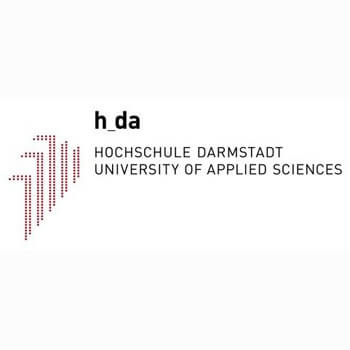
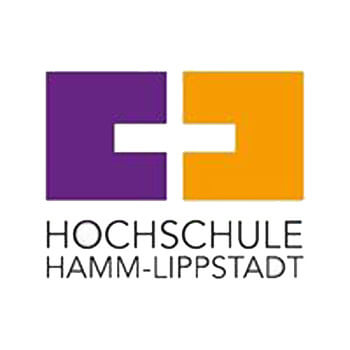
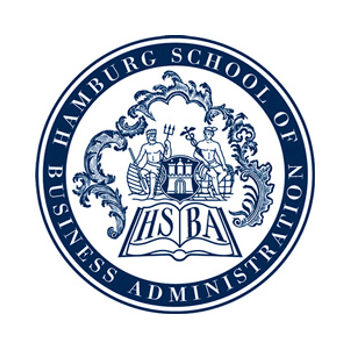
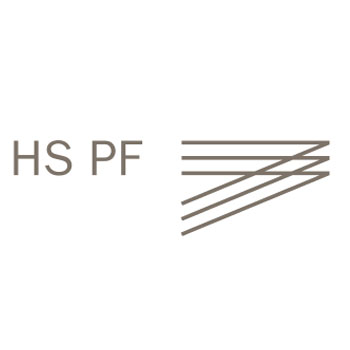
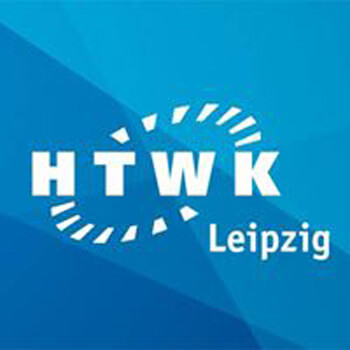
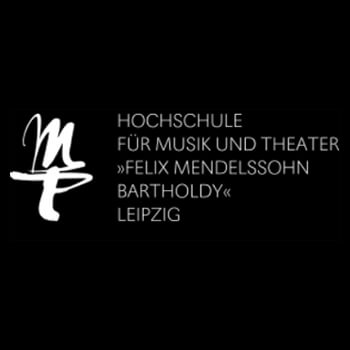
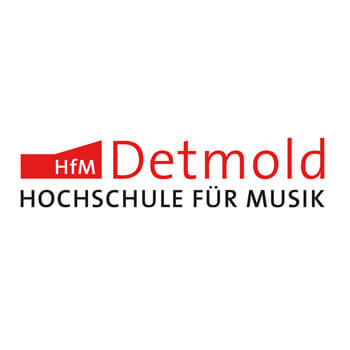
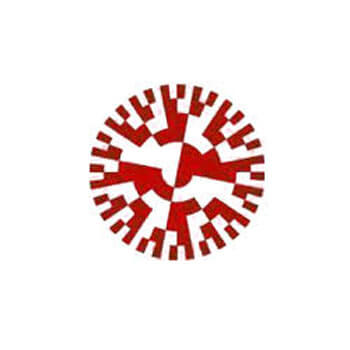









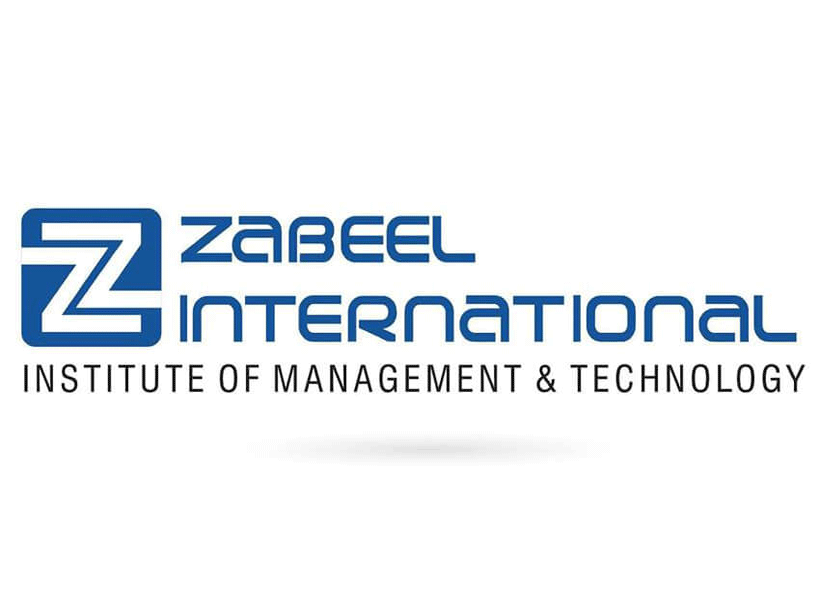
Leave a Reply